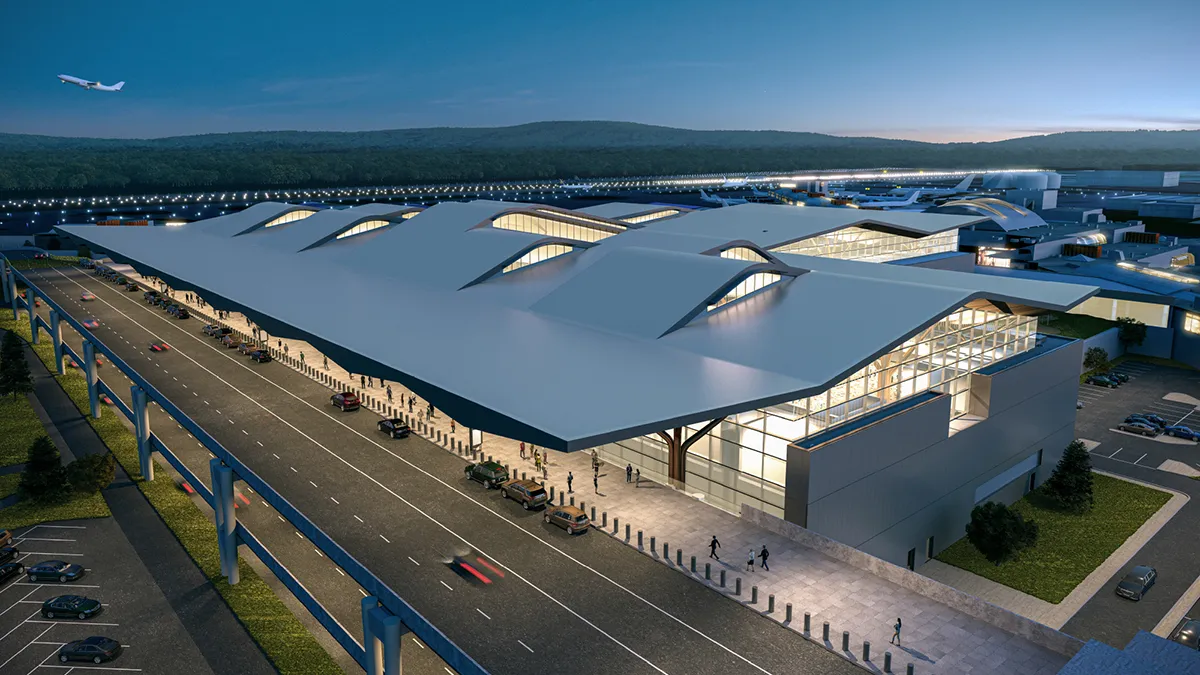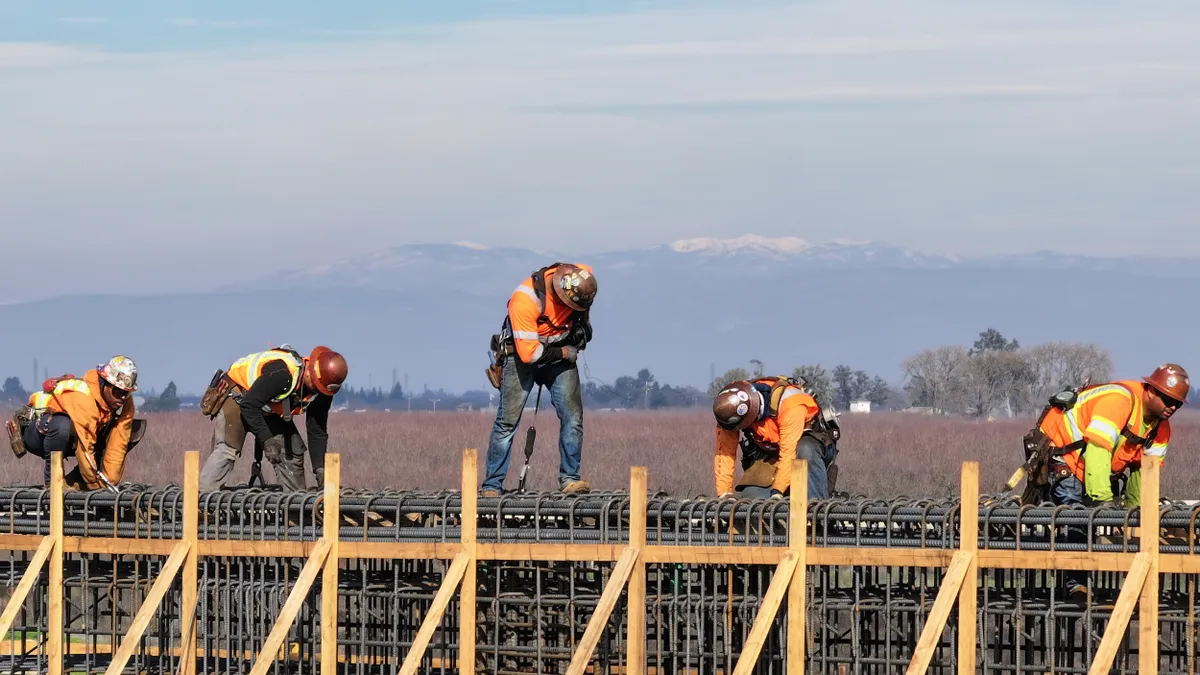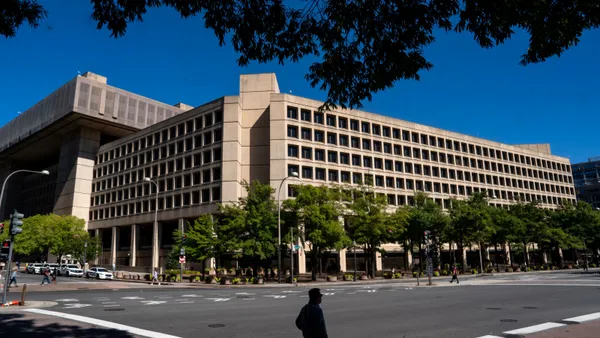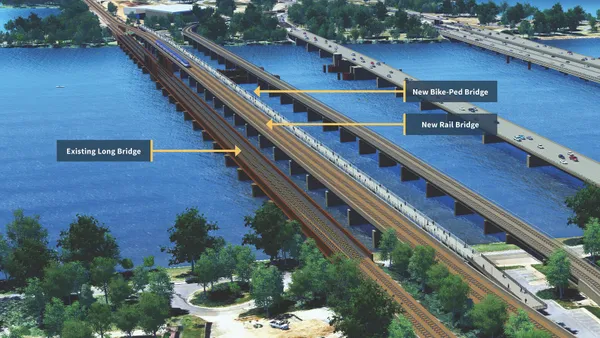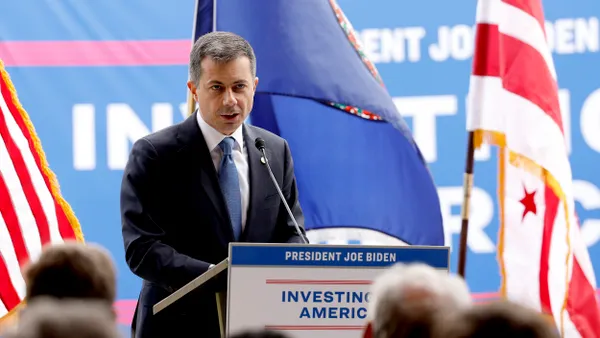Dive Brief:
-
A U.S. House panel unanimously approved a measure that would enable thousands of autonomous vehicles to take to the roads as federal regulators produce safety guidelines ahead of state legislation, according to Bloomberg.
-
The bill represents the first-ever federal legislation governing the use of self-driving cars. If the measure wins approval from Congress, the National Highway Traffic Safety Administration would be directed to produce a regulatory plan and begin writing autonomous vehicle rules within 18 months.
-
The measure would allow self-driving car manufacturers to begin introducing their vehicles under an exemption to current laws that forbid cars to operate on U.S. roads without driver controls. The measure, which could make it to the House floor following the August recess, would also require car manufacturers to have a cybersecurity plan ready before putting their vehicles on public roads.
Dive Insight:
The bill joins the growing enthusiasm and support for connected and autonomous vehicle (CAV) technology. States and municipalities have already been testing CAV and other smart roadway infrastructure to prepare for what may be the future of personal vehicle travel.
In Auburndale, FL, the Florida Turnpike began construction this month on a test track that will explore high-speed toll technology and systems for vehicle-to-infrastructure and vehicle-to-vehicle communication. Georgia officials, too, are piloting a program to test smart highway and autonomous vehicle technology. That program is outfitting a 16-mile stretch of Interstate 85 with sensors and other technology to explore ways to make the state's roads safer and more sustainable.
The nonprofit American Center for Mobility is developing a CAV test facility near Detroit. The 2.5-mile highway loop, complete with on- and off-ramps, will be used to produce, test and validate CAV technologies.
While these and other states have started to explore CAV technology, their efforts have been fragmented as a result of having no clear federal mandate or specific guidelines to follow. One of the few efforts to get planners on the same page has been a guide issued by the National League of Cities for CAV development. Those guidelines urge states to start making necessary upgrades to their infrastructure now, so they will be able to support future vehicle technology.




